Principal Investigator
Dr. Patricia Hidalgo-Gonzalez
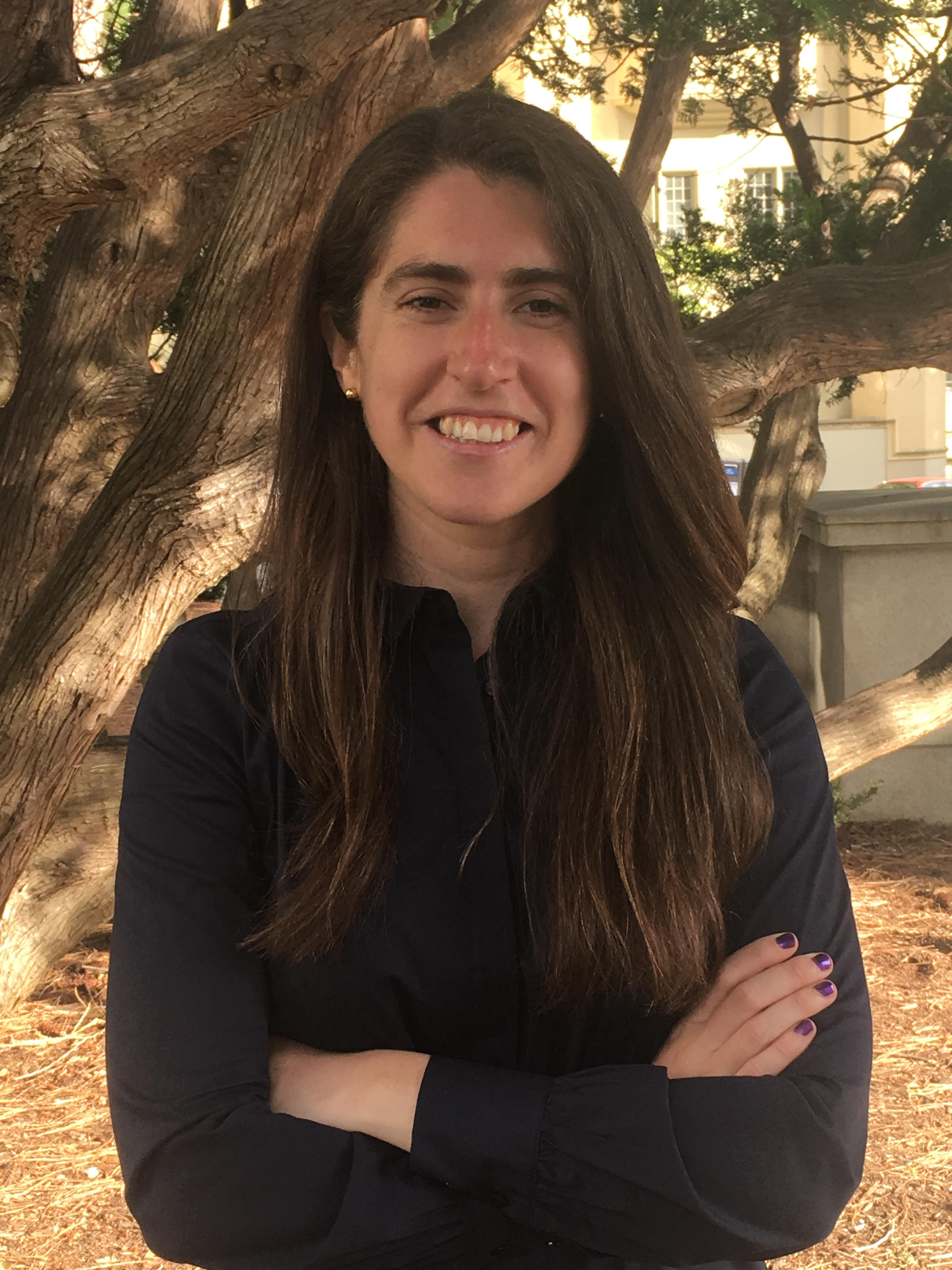
Bio: Dr. Hidalgo-Gonzalez is an Assistant Professor in Mechanical and Aerospace Engineering and in the Center for Energy Research at UC San Diego. She holds a Ph.D. and two M.Sc. from the University of California, Berkeley in Energy and Resources and Electrical Engineering and Computer Sciences. She graduated as an Industrial and Electrical engineer from Pontificia Universidad Católica of Chile. Her work has been funded by the California Energy Commission, the U.S. Department of Energy, the Sloan Foundation, the Environmental Defense Fund, the University of California Office of the President and GridLab (totaling $5.3M, where $2.1M are as lead PI). Prof. Hidalgo-Gonzalez is the 2025 IISE Energy Systems Division Outstanding Young Investigator Awardee (one winner per year globally), an NSF GRFP fellow, Siebel Scholar in Energy, Rising Star in Electrical Engineering and Computer Science, received the Outstanding Graduate Student Instructor Award at UC Berkeley (for teaching Convex Optimization), has been awarded Best paper at the Power Systems Computation Conference 2020, and is part of the Editors’ Highlights in Nature Communications (best 50 papers recently published in “Engineering and Infrastructure”), her work was cited in The White House 2024 Economic Report of the President, among other recognitions. She is part of the IEEE Task forces “Data-driven controls for distributed systems” and “Wildfire Aware-Risk Management (WARM) for the Electric Power Grid” and has served as best paper judge in the IEEE Control Systems Society Technical Committee on Energy Systems. She has also served as the opening talk for the energy storage session in EPRI’s 43rd Seminar on Resource Planning in Washington D.C., and as a speaker at a symposium from the U.S. National Academy of Sciences and the German National Academy of Sciences Leopoldina in Halle, Germany, among others. For more info refer to her bio.
Research: She is generally interested in power dynamics, energy policy, electricity market redesign for the integration of renewable energy, microgrids, transmission and distribution systems, and learning for dynamical systems with safety guarantees. For more info refer to her bio and projects.
Fun fact: Professor Hidalgo-Gonzalez attends silent 10-day meditation courses.
Email: phidalgogonzalez [at] ucsd.edu
Ph.D. students
Adam Sedlak
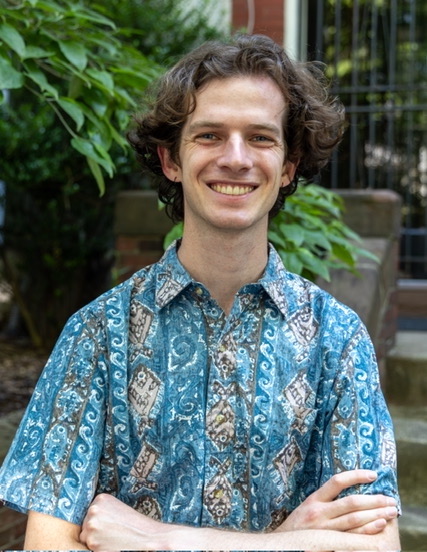
Bio: Adam (he/him) is a Ph.D. student in Mechanical and Aerospace Engineering advised by Patricia Hidalgo-Gonzalez. Prior to beginning a Ph.D. program at UC San Diego, he worked as a research programmer at the Brookings Institution in Washington, DC using agent-based models to examine policy interventions related to public health and social disparities. Adam graduated from UC Berkeley with a B.A. in data science where he conducted materials science research and used machine learning to study wildfire risk from high voltage transmission lines.
Research: Adam is passionate about contributing to energy and power systems research that will advance clean energy integration and mitigate climate change. His research interests include using mathematical optimization for long-term energy systems planning and developing control strategies for inverter-based energy resources—such as solar and wind. Over the course of his PhD research, Adam plans to apply data-driven learning along with high-performance computing to tackle these research questions at scale. He is also interested in researching the impact of climate change and extreme weather on power systems as well as the role of grid-enhancing technologies in decarbonization and energy resilience. Adam enjoys teaching and is looking forward to TA-ing engineering courses and mentoring students interested in research.
Fun fact: Adam is an avid long-distance runner and recently ran a 50 km trail race.
Email: asedlak [at] ucsd.edu
Natalia Gonzalez
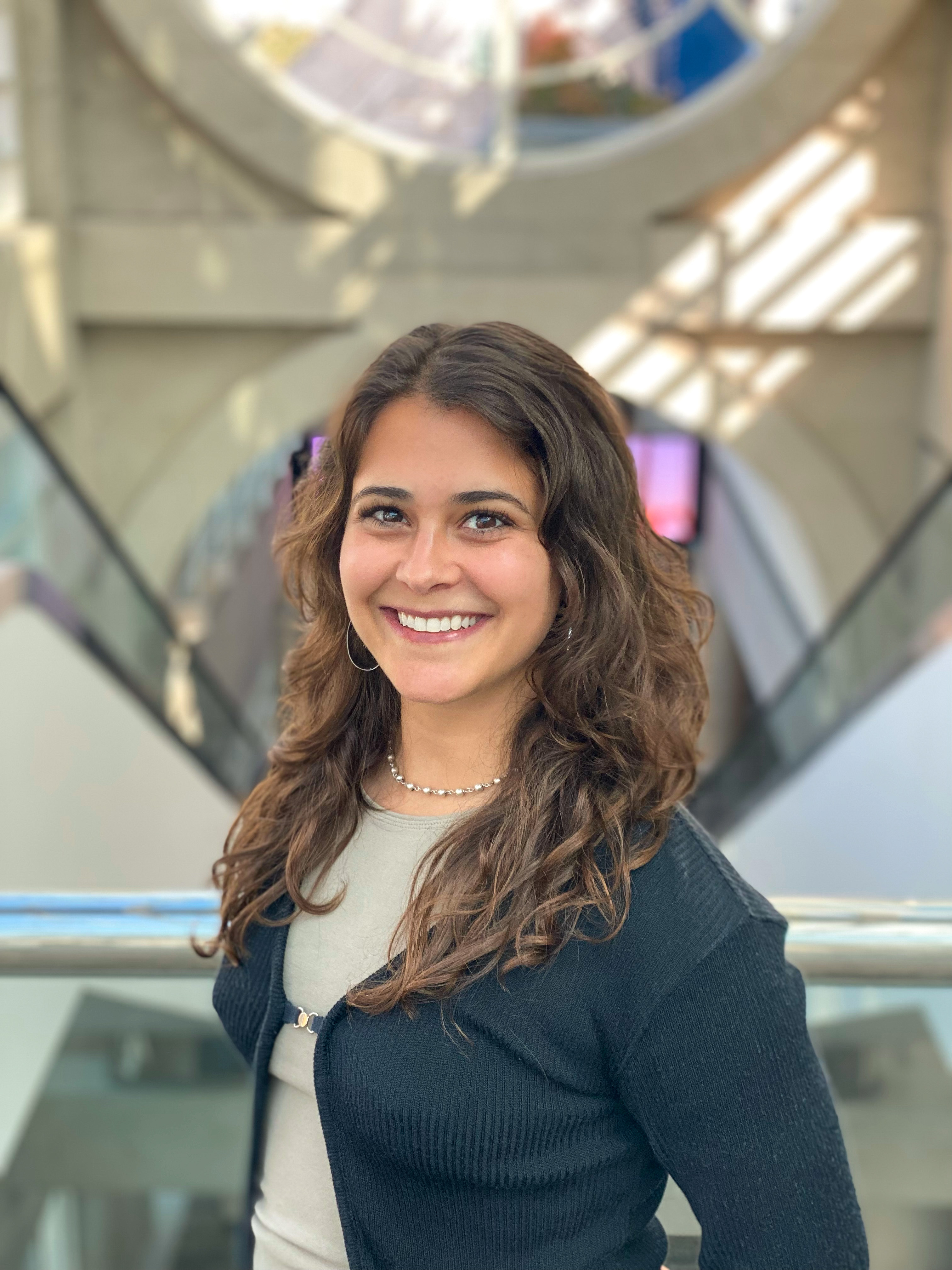
Bio: Natalia (she/her) is a Ph.D. student at UC San Diego studying mechanical engineering with a focus on control theory, optimization, and modeling. She completed her MS in MAE at UC San Diego in March 2023. She graduated Summa Cum Laude from the University of Florida with an BS in MAE. Natalia also earned a minor in Sustainability and the Built Environment, which provided her with an alternative perspective on the challenges associated with developing a more sustainable built environment, as well as a top-level overview of the effects of climate change and the strategies being employed to mitigate it globally. Her undergraduate research project was a case study on the German energy transition. Her research provided a comprehensive review and discussion of the significant socio-technical roles that power production and the grid, buildings, and the public have played in the energy transition. She is extremely passionate about the environment and climate change mitigation, which motivates her to contribute to a more sustainable energy future through research.
Research: Natalia’s research focuses on renewable integration into power systems through optimization, control, and machine learning/AI. She believes that 100% renewable power capacity is possible through the optimized integration of distributed energy resources, strategic planning of electricity and energy markets, and the utilization of robust design that accounts for the uncertainties of climate change. Her most recent work explores the role that emerging technologies may play in a decarbonized grid using capacity expansion modeling. Natalia is also interested in energy policy, environmental justice implications of various decarbonization pathways, and the role of AI in sustainable development. Furthermore, she loves to teach and mentor students, and she is especially dedicated to uplifting historically underrepresented engineers through mentorship and education.
Fun fact: Natalia has worked on several off-grid permaculture farms to learn about sustainable agricultural practices and community living. “Chop wood, carry water.”
Email: n7gonzalez [at] ucsd.edu
Paul Serna-Torre

Bio: Paul focuses on the control of Distributed Energy Resources and the planning of power systems expansion. Before joining the Ph.D. program, Paul held appointments in industry for five years. He initially worked on designing power transformers in Delcrosa, an electromechanical firm. Then, Paul worked in Osinergmin, Tariff Regulatory Direction of the Peru Energy Commission. Paul, there, codeveloped the “Perseo 2.0” model, a midterm power system optimization model considering the vast hydro grid with reservoirs and rivers in Peru. Then, Paul worked in COES, Peru National Electricity Operator. Paul performed the nationwide short-term power generation scheduling and the security analysis of the national grid with stability and contingency analysis. With the guidance of Dr. Wilfredo Sifuentes, he teamed up with four engineers to develop the “Yupana” model, short-term power generation scheduling model currently used by the National Electricity Operator. Paul earned a Master of Arts degree in Applied Mathematics, focusing on numerical optimization and the theory of probabilities. Paul earned a B.S. degree in Electrical Engineering, graduating with highest honors,from Universidad Nacional de Ingeniería, Peru.
Research: Paul is interested in controlling Distributed Energy Resources (DERs) using Machine Learning and Game Theory for frequency and voltage regulation. Paul is also working on analyzing the grid expansion of North American Western Interconnection towards 2050, considering zero emissions, the impact of storage costs declining and decreasing transmission capacity.
Fun fact: Paul enjoys playing soccer and having good meals.
Email: psernatorre [at] ucsd.edu / psernat [at] uni.pe
Postdoctoral fellows
Qi Geng
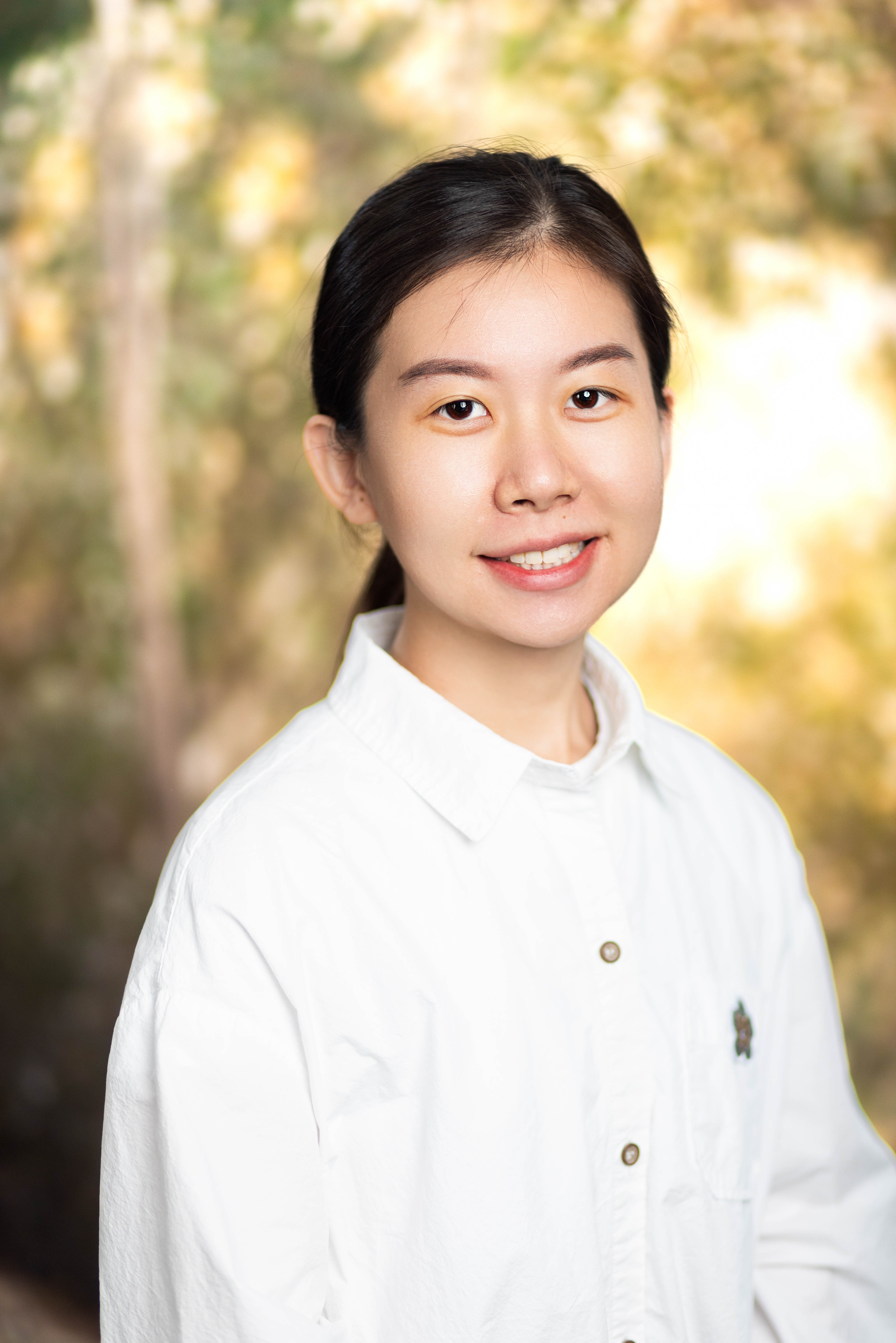
Bio: Dr. Qi Geng is a Postdoctoral Researcher at the Center for Energy Research, University of California, San Diego, under the supervision of Prof. Patricia Hidalgo-Gonzalez. She earned her Ph.D. in Electrical Engineering from the China Electric Power Research Institute (CEPRI) in 2023, where she was advised by Prof. Huadong Sun and Prof. Xiaoxin Zhou. Her doctoral research focused on the development of advanced methods for transient stability analysis and control in power systems with heterogeneous generators, aimed at enhancing the resilience and stability of modern power grids.
Research: Qi’s research focuses on the stability analysis and control of power systems with inverter-based resources (IBRs), as well as the resilient operation and planning of power systems under extreme weather conditions, such as heatwaves and wildfires. Her work leverages advanced control and optimization theory to enhance system resilience and ensure reliable performance in the face of increasing climate-related challenges.
Fun fact: Qi enjoys painting and even had the opportunity to create a mural for her school!
Email: qigeng [at] ucsd.edu
Undergraduate students
Julia Lee
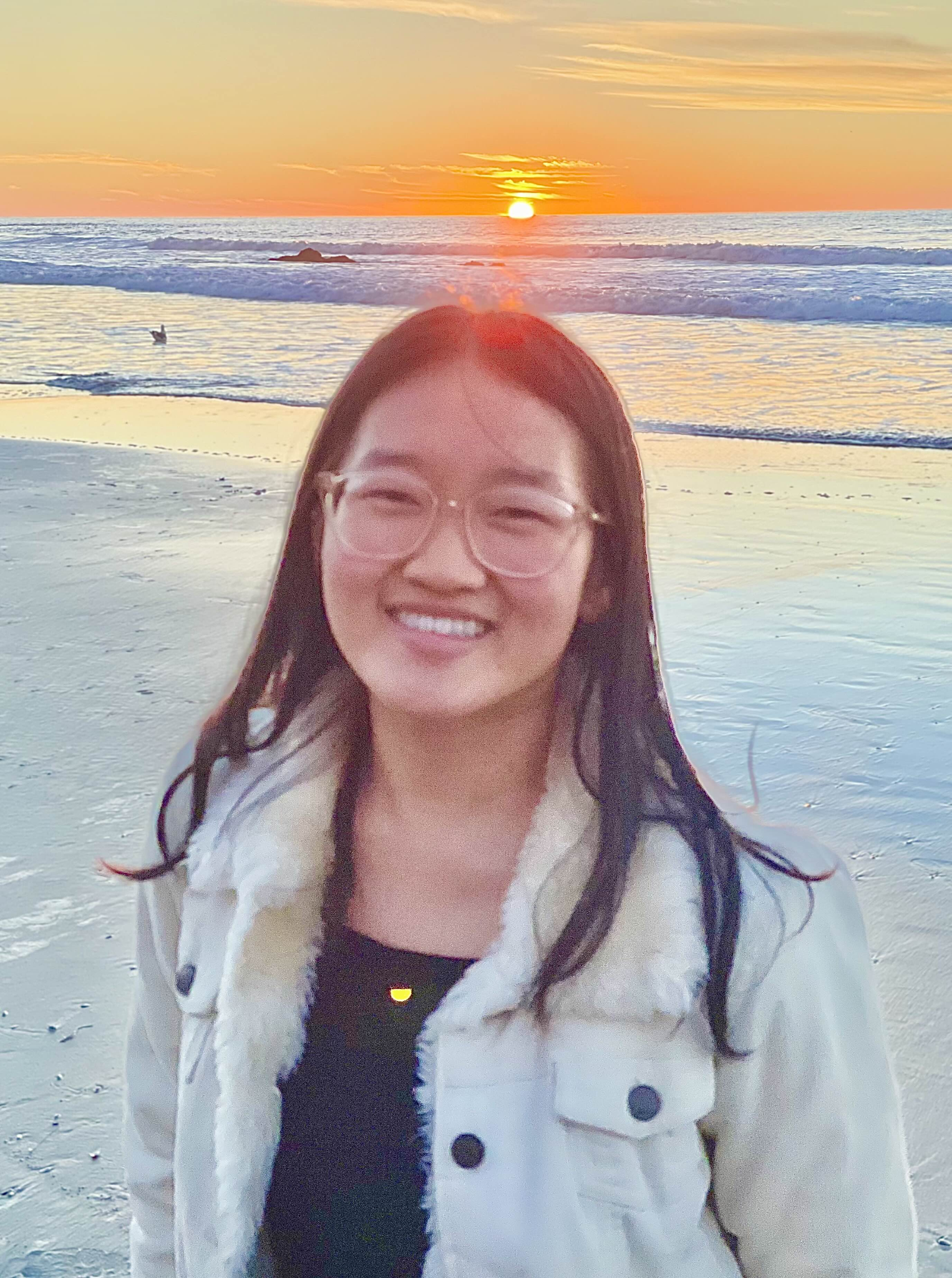
Bio: Julia is a 4th year Mechanical Engineering undergraduate at UCSD. She has diverse experience, from filing two patents (pending) as a Mechanical Engineering Intern at GE Appliances to working on high-voltage battery systems at Monarch Tractor, an electric autonomous tractor startup in the Bay Area. As a RISE Germany Scholarship Recipient, she used data analysis to conduct research at the Urban Water Management Lab at Technical University Berlin. She also advises the Engineers for a Sustainable World Chapter at UCSD, which connects students with sustainable industry professionals, manages engineering project teams, and organizes guest speaker talks to educate students about sustainable technologies and organizations.
Research: Her interests are broadly centered on advancing the clean energy transition and supporting public infrastructure (water, power, public transportation). Specific interests include energy equity, power grid DER integration, offshore wind and wave resources, and STEM education. Her current research involves using new NREL data platforms to improve the accuracy of capacity expansion models that guide planning and forecasting for renewable energy integration. Her research will also contribute to the stochastic modeling of DERs in residential areas and their impact on extreme weather event resiliency.
Website: https://sites.google.com/view/juliatlee/about
Fun fact: Julia enjoys making waffles every Sunday, hiking, and customizing mechanical keyboards.
Email: jtl011 [at] ucsd.edu
Martin Staadecker
Bio: I’m an undergraduate student in the Engineering Science program at the University of Toronto planning to specialize in robotics. Most recently, I was a technical lead at Flatten, a Canadian non-profit where we built a data-collection platform to help governments respond to the COVID-19 pandemic.
Research: I’m interested in projects where I can learn something new while having a positive impact. Modelling the energy grid with the REAM Lab is perfect as our work directly impacts policy decisions and eventually carbon emissions.
Fun fact: Last year I went outdoor rock climbing in Mexico and I can’t wait to go back!
Email: martin.staadecker [at] mail.utoronto.ca
Lauren Streitmatter
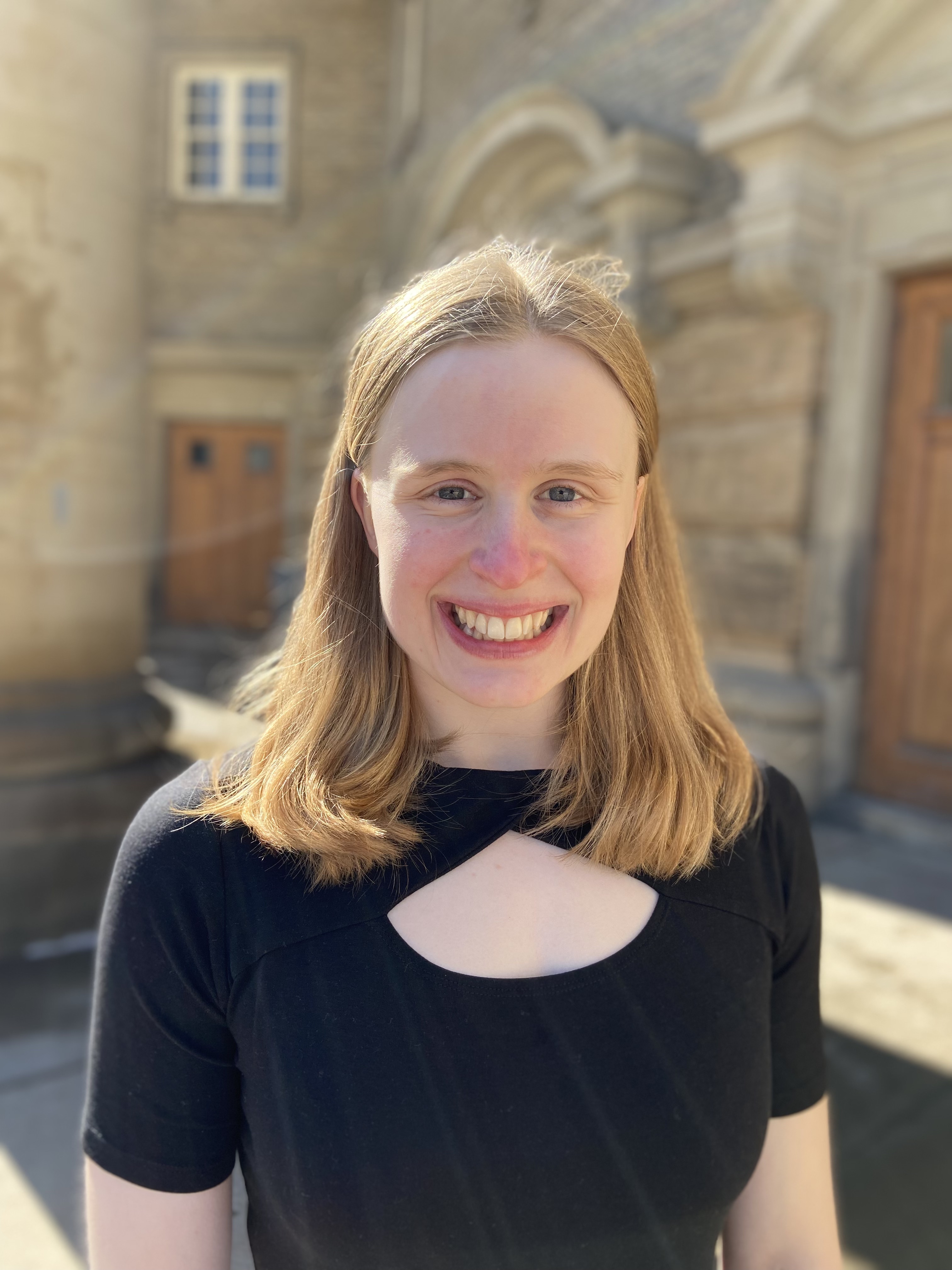
Bio: Lauren graduated with high honors from the University of Toronto last June, receiving a BASc in Energy Systems Engineering. Her undergraduate thesis was on California residential microgrid optimization for vulnerable communities, and she helped design a sustainable heat recovery system for a northern Canadian high school greenhouse as her capstone project. She is now working in the Grid Planning and Analysis Center at the National Renewable Energy Lab in Golden, Colorado. Lauren is driven by her passion for sustainability and environmental justice. She hopes to eventually return to school to study control theory and renewable power system dynamics to facilitate the integration of inverter-based resources into electricity grids.
Research: Lauren’s research with the REAM lab is a continuation of her thesis work into the optimization of residential microgrid investment and operation strategies. She has also worked on modeling hydrogen storage in switch. Moving forward, she hopes to learn more about dynamic and transient stability analyses for electricity grids with high penetrations of variable renewable energy sources. She is interested in developing, and using energy modeling tools to help inform a reliable, resilient, and equitable transition to completely decarbonized electricity grids.
Fun fact: Lauren loves water sports - she played water polo in high school, competed on UofT’s dragon boat team, and swims weekly.
Email: lauren.streitmatter [at] mail.utoronto.ca
Rachel Wei
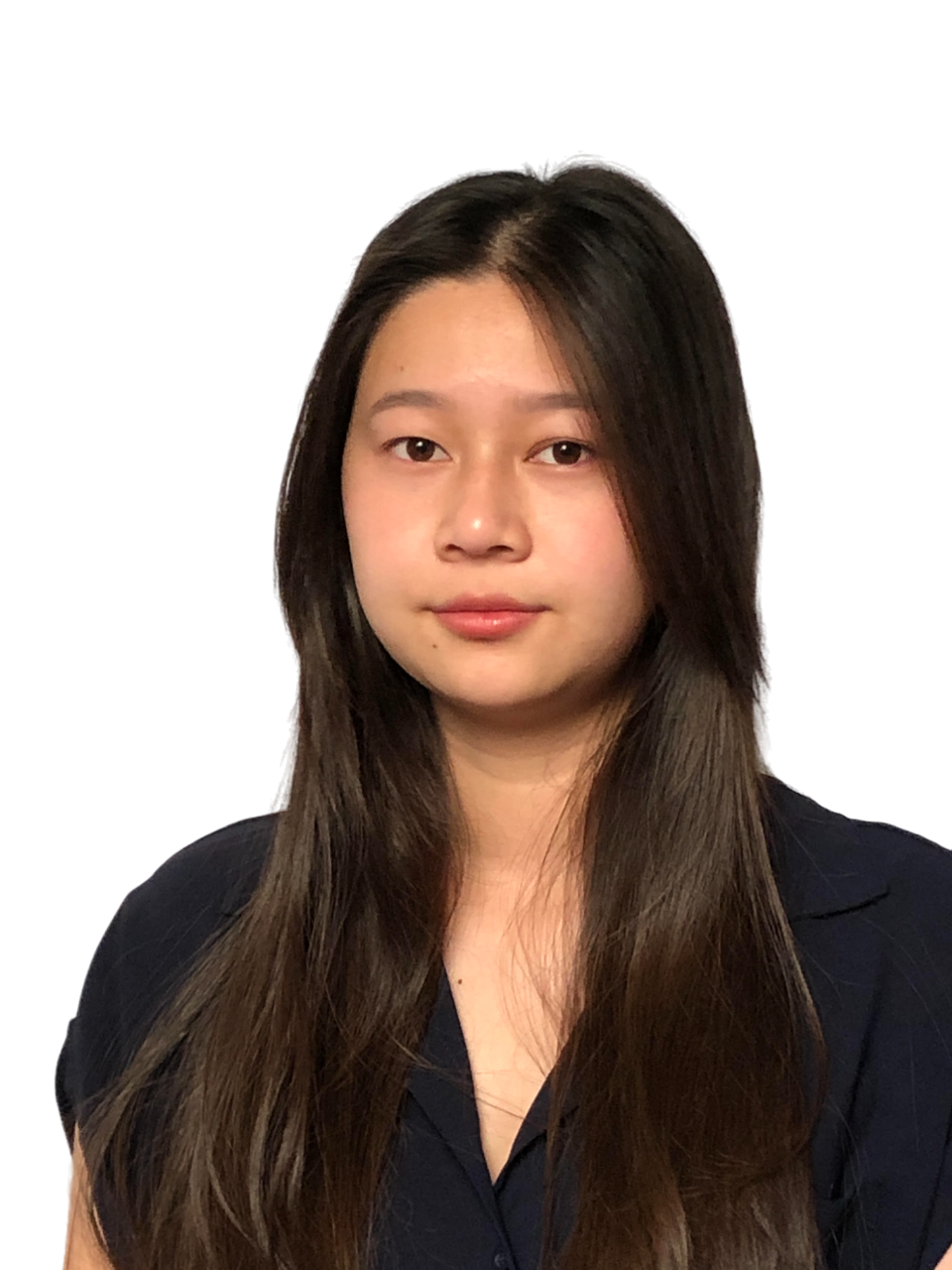
Bio: Rachel is an undergraduate student in the Computer Science and Engineering department at UCSD. She is interested in investigating how technology and applications of CS can aid renewable energy initiatives. As part of a pro-bono consulting club at UCSD, she has provided consulting services to Center for Community Energy on feasibility of using EV batteries to power homes.
Research: Rachel is interested in projects investigating the energy grid and energy markets to understand policies and strategies contributing to clean energy grids. She recently assisted Natalia in researching the integration of underutilized renewable energy sources. Currently, Rachel is researching new resources that have recent data and predictions on energy demand.
Fun fact: Rachel likes to bake and try out new recipes in her free time, especially cakes and cookies.
Email: rawei [at] ucsd.edu
Albert Chang
Bio: Albert is an undergraduate student at UC San Diego studying mechanical engineering with a focus on renewable energy and environmental flows. His interests in environmental justice, community-centered design, and social sciences have guided him to the intersection of engineering and public policy. Albert previously conducted a battery storage feasibility study for UCSD’s Carbon Neutrality Initiative and is now working at a startup seeking to repurpose end-of-life EV batteries into stationary energy storage systems.
Research: Albert is interested in exploring energy equity metrics and implications to reduce the energy burden of underserved communities. He is currently conducting sensitivity analyses on the India power grid to provide policy suggestions for the Multi-Country Electricity Transition project.
Fun fact: Albert enjoys hiking and hopes to complete trails in all fifty states!
Email: alc010 [at] ucsd.edu
Alumni
Manasa Muralidharan, MAE Ph.D., 2024 (Next: Researcher at NREL)
Rahul Roy, MAE M.S., 2022
Mingyuan Wu, MAE M.S., 2021
Aditya Kulkarni, CSE M.S., 2021
Noah Sterngold, CSE M.S., 2021